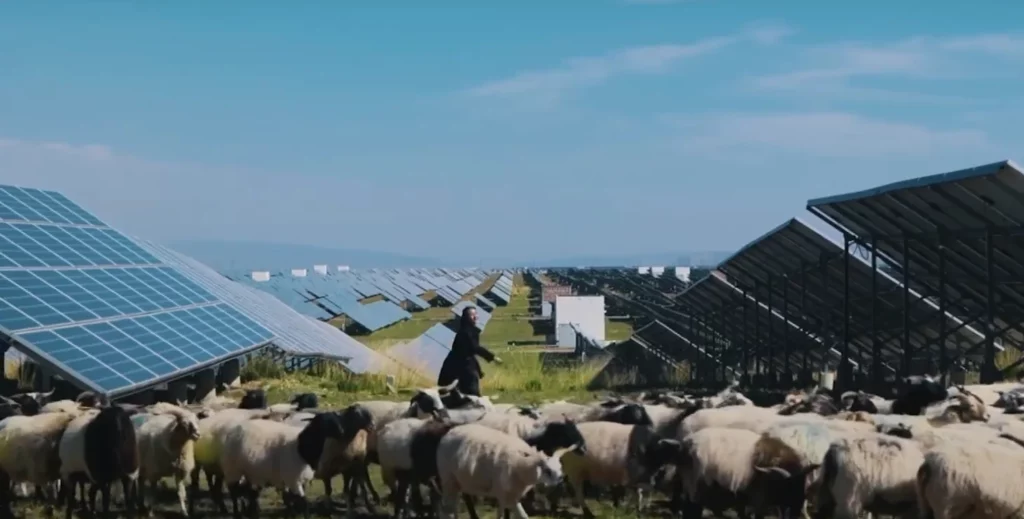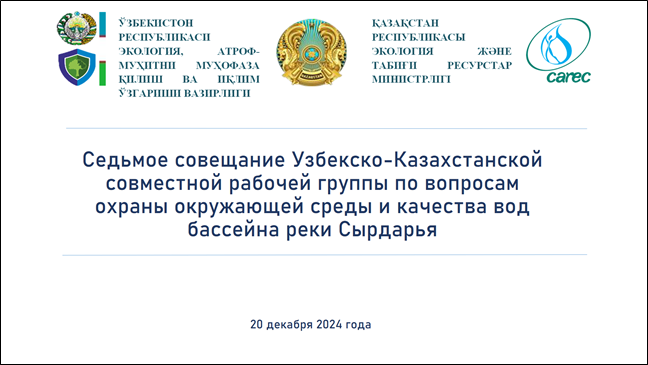The Government of the People’s Republic of China attaches great importance to international research on development policy and the environment.
Established in 1990, the China Council for International Cooperation on Environment and Development (CCICED) holds its Annual General Meeting (AGM) to formulate recommendations to the Chinese government based on the results of the year’s research.
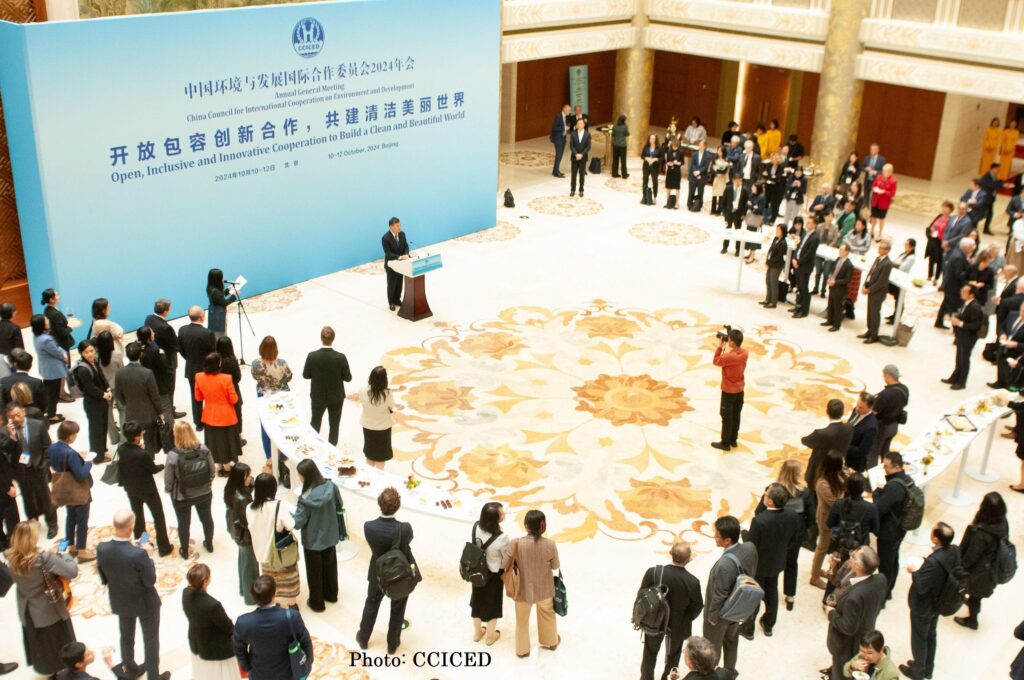
The theme of this year’s meeting was “Open, Inclusive and Innovative Cooperation to Build a Clean and Beautiful World.” The research reports, scoping studies, and discussion papers on a variety of topics, included:
- ensuring green development and climate adaptation for urban and rural areas;
- achieving a digital-green dual transformation and sustainable development of cities;
- accelerating the blue transition and carbon neutrality;
- establishing a green belt and road initiative to advance global South-South cooperation;
- scoping topics such as valuing economies beyond gross domestic product (GDP), carbon pricing and circular economies and others.
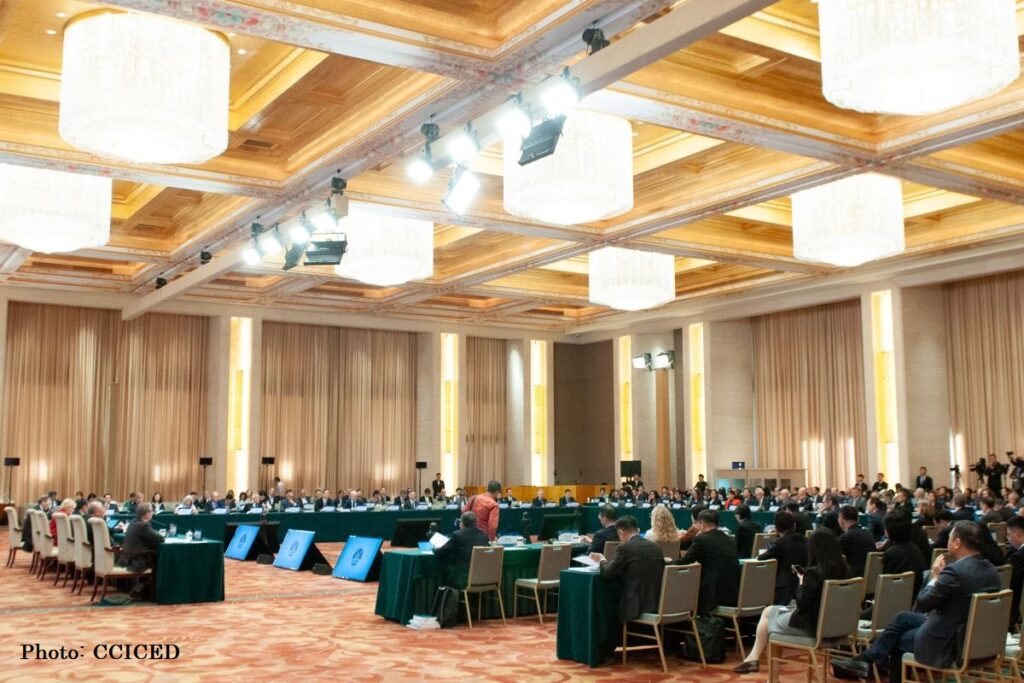
Zafar Makhmudov, Executive Director of the Regional Environmental Centre for Central Asia (CAREC), shares his impressions of participation in AMG.
– What are your most vivid impressions of the visit?
– Before AMG we visited companies engaged in green technologies. Among them are LONGi Green Energy Technology Company Limited, one of the world’s largest manufacturers of silicon wafers, photovoltaic cells and solar modules; Envision Group, a Chinese company for the production of wind turbines, electric batteries, green hydrogen, the world’s first Net Zero industrial park, and the Tianjiao 500 MW demonstration project.
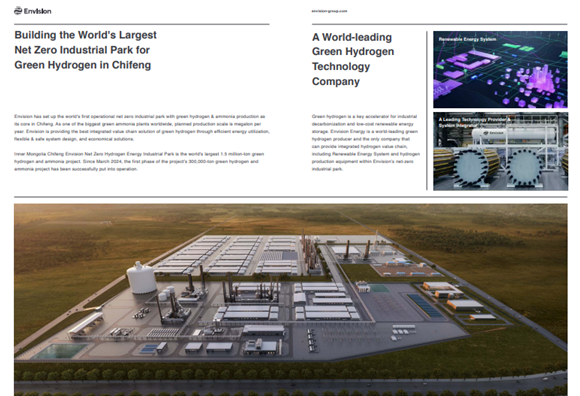
My visit to the energy facilities in Ordos have been inspiring, given the impressive scale and pace of development. It’s great to see firsthand how China is taking significant strides towards its climate neutrality goals. Such projects showcase the potential for large-scale renewable energy adoption and its positive impact on both the environment and the economy.
– What kind of city do you feel Ordos through this visit?
– Ordos certainly appears to be a modern and forward-thinking city, especially in terms of its energy infrastructure. The new and green urban landscape reflects China’s commitment to sustainable development. The transformation of the desert into fertile areas is a testament to the positive impact of such projects on the local environment and potentially on agricultural productivity.
– What’s your thought on the development of the new energy industry in Ordos in the future?
– The rapid development of the new energy industry in Ordos is a promising sign for the future. Given the scale and efficiency of the projects you visited, it’s likely that Ordos will continue to play a significant role in China’s clean energy transition. The city’s strategic location and focus on renewable energy could attract further investments and innovation in this sector.
The sheer scale of the energy projects is impressive. The vast solar and wind farms, covering large areas of the desert, must have been a striking visual spectacle. Let me highlight the rapid pace of development. The speed at which these massive constructions were completed is a testament to China’s efficiency and commitment to clean energy. Let me also mention the positive impact on the environment. The transformation of barren desert into fertile areas, with growing grass, is a clear demonstration of the potential for renewable energy to improve the environment.
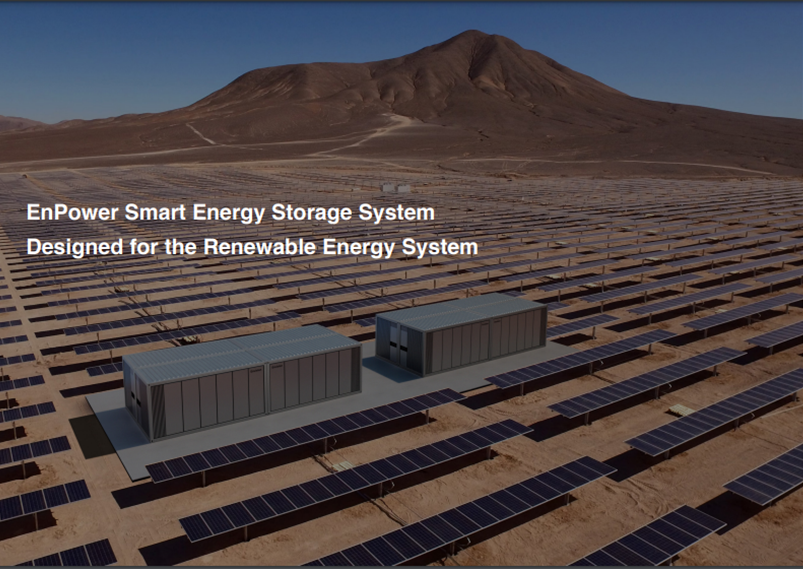
– What’s your view on the development prospect of the new energy industry in Ordos?
– The region seems well-positioned to become a major hub for renewable energy in China. With the successful implementation of large-scale solar and wind projects, Ordos can attract further investments and innovation in this sector.
Given the current trajectory, it’s reasonable to expect Ordos to become a clean energy powerhouse. The city could evolve into a leading center for renewable energy research, development, and manufacturing.
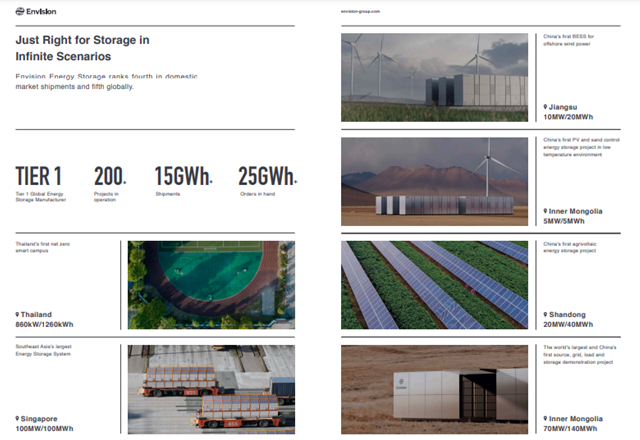
Besides, Ordos could serve as a model for sustainable urban development, showcasing how cities can transition to a low-carbon economy while improving quality of life. Moreover, the new energy industry could drive economic growth in Ordos, creating jobs and attracting new businesses.

